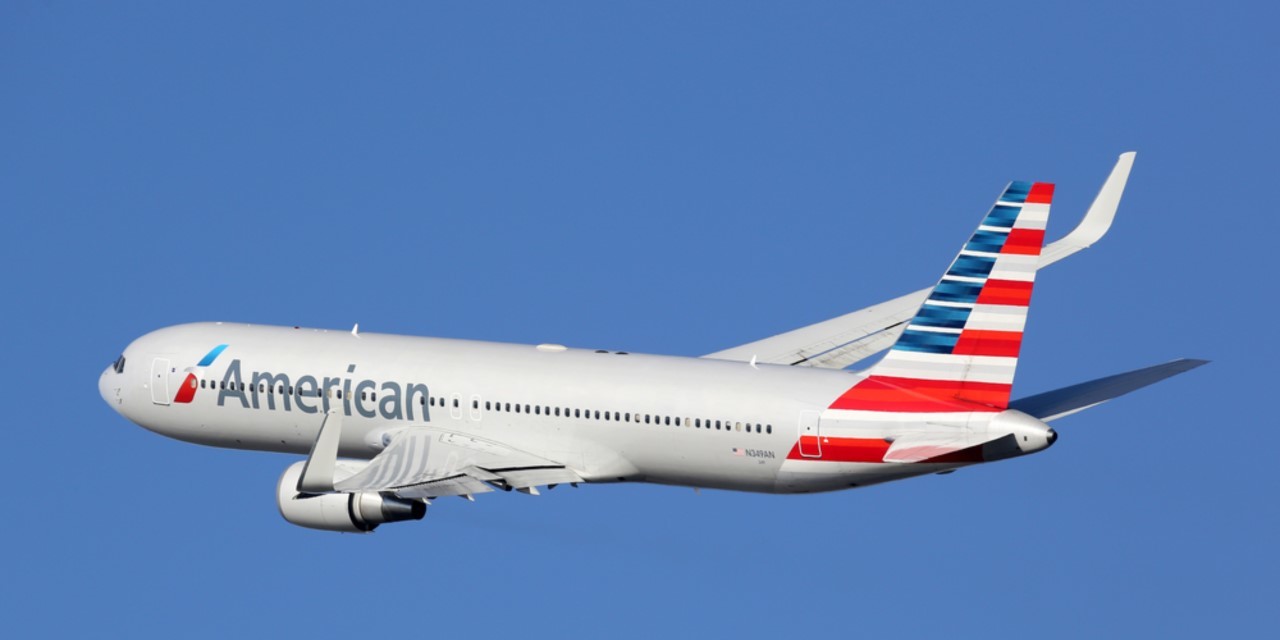PHILADELPHIA – The U.S. District Court for the Eastern District of Pennsylvania has granted in part and denied in part the continuation of a pilot’s case against American Airlines.
James P. Scanlan sued American Airlines in a class action with claims that the defendants violated the Uniformed Services Employment and Reemployment Rights Act. He said he was improperly deprived of rights when he went on short-term military leave.
He said other workers receive those same benefits when they are gone from work for various reasons like jury duty, sick leave and union leave. He asked for declaratory, injunctive and monetary relief. The defendants filed a motion to dismiss, which was partially granted.
On June 28, Justice Harvey Bartle III first denied AAI’s motion to dismiss for Scanlan’s alleged failure to state a claim.
“AAI contends that Scanlan has no claim here because the pilots’ collective bargaining agreement (CBA) does not consider jury duty, sick leave, and union leave to be ‘leaves of absence.’ This argument, too, is without merit," Bartle wrote.
He pointed out that section 4316(b)(1) of USERRA considers a person who is on a leave of absence is “absent from a position of employment by reason of service in the uniformed services.” Considering this, it said “‘leave of absence’ is not a technical term under USERRA but simply means an absence of work.” Ultimately, the various definitions of "leave of absence" detailed in a CBA don't create the authority to challenge the requirements in the USERRA.
Bartle then denied the defendants’ motion to dismiss Scanlan’s claims that AAG violated section 4316(b)(1) when it failed to credit plan participants who took short-term military leave the earnings for those periods as it credited participants their full earnings when they went on jury duty, union leave and sick leave.
“Scanlan has plausibly alleged a claim under section 4316(b)(1) that AAG has not provided equal rights and benefits under its profit sharing plan to employees on short-term military leave,” he wrote.
The defendants also wanted the court to dismiss Scanlan’s allegations that AAG’s calculations of profit-sharing violates section 4318(b)(1) of USERRA. In the calculation, AAG takes out 5 percent of its pre-tax earnings each plan year for the members of the plan. Workers then get their awards via a lump sum at the top of the following year and can deposit the award into their retirement. AAG calculates the award by dividing the total by the amount of all earnings and then multiplying the value by the worker’s eligible earnings for the year. The issue is that AAG doesn’t credit military leave in the earnings like it does for the other types of short-term leave.
Bartle dismissed the portion and said, “The plan is neither an employee benefit pension plan under ERISA nor a plan exempted from ERISA but covered by USERRA. Scanlan has not stated a claim for relief in Count II.”
Scanlan started working for AAI nearly 20 years ago. He was a member of AAG’s Global Profit Sharing Plan in 2016 and 2017. At the same time, he has served in the armed forces since 1985 and is now a major general in the U.S. Air Force Reserve.
During the overlap of working for AAI and being in the Air Force, Scanlan took short-term leaves to fulfill his Air Force requirements. AAI has a policy in which it does not pay employees who are on short-term leave because of military leave.
